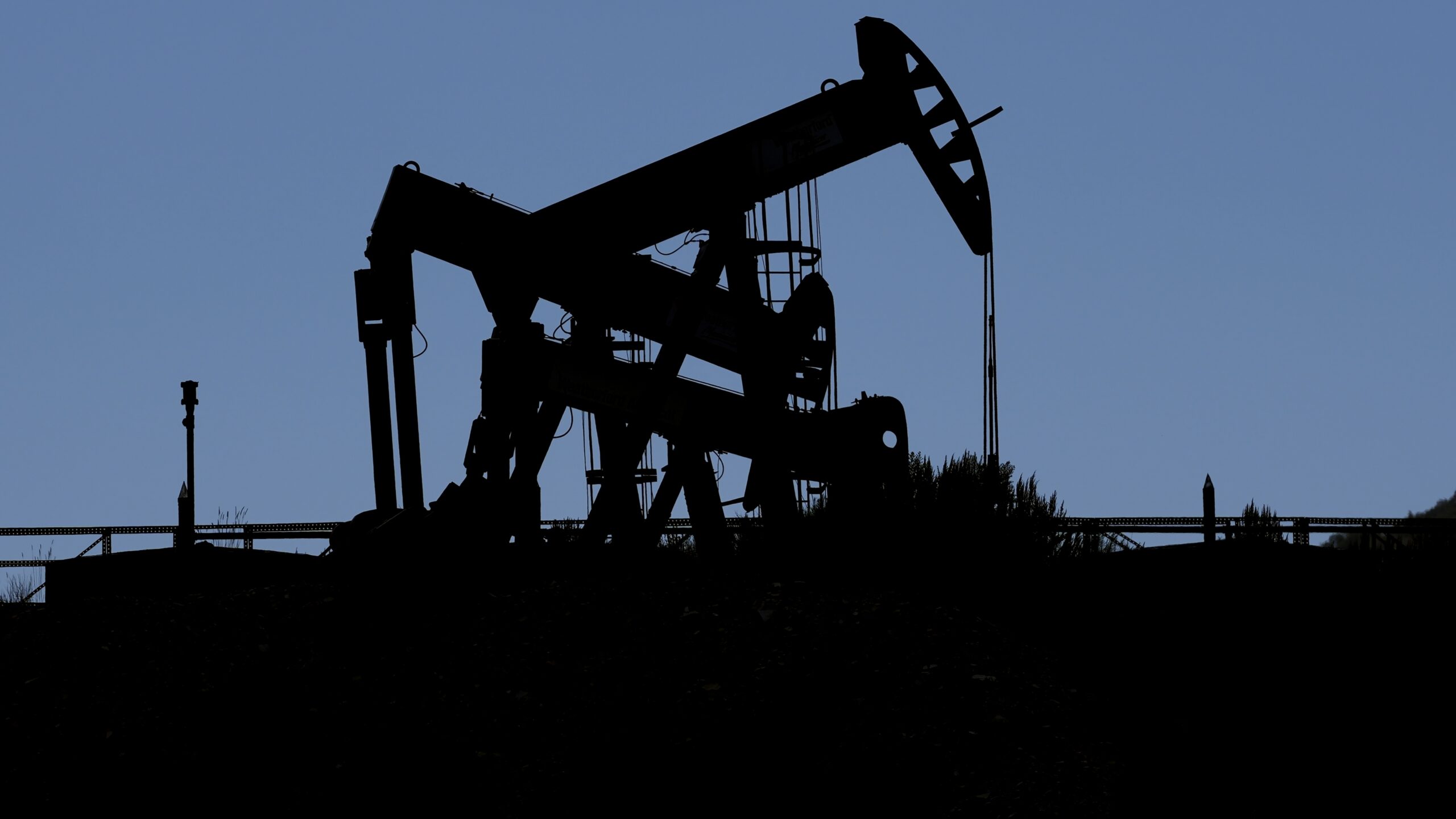WASHINGTON (AP) – The Israel-Hamas war is “definitely not good news” for oil markets already stretched by cutbacks in oil production from Saudi Arabia and Russia and expected stronger demand from China, the head of the International Energy Agency said.
Fifty years after the 1973 Arab oil embargo, the current crisis in the Middle East has the potential to disrupt global oil supplies and push prices higher. But don’t expect a repeat of the catastrophic price hikes and long lines at the gasoline pump, experts say.
Markets will remain volatile, and the conflict could push oil prices higher, “which is definitely bad news for inflation,” Fatih Birol, executive director of the Paris-based IEA, told The Associated Press. Developing countries that import oil and other fuels would be the most affected by higher prices, he said.
International benchmark Brent crude closed at USD93 a barrel on Friday, up from USD85 on October 6, the day before Hamas attacked Israel, killing hundreds of civilians. Israel immediately launched airstrikes on Gaza, destroying entire neighbourhoods and killing hundreds of Palestinian civilians in the days that have followed.
Fluctuations since the attack pushed oil prices as high as USD96.
The price of oil depends on how much of it is getting used and how much is available. The latter is under threat because of the Hamas-Israel war, even though the Gaza Strip is not home to major crude production.
One worry is that the fighting could lead to complications with Iran, home of some of the world’s largest oil reserves. Its crude production has been constrained by international sanctions, but oil is still flowing to China and other countries.
“In order to get a sustained move (in prices), we really would need to see a supply disruption,” said Andrew Lipow, president at Lipow Oil Associates, a Houston-based consultant.
Any damage to Iranian oil infrastructure could send prices jumping globally. A shutdown of the Strait of Hormuz that lies south of Iran could also shake the oil market because so much of the world’s supplies goes through the waterway.
Until something like that happens, “the oil market is going to be like everyone else, monitoring the events in the Middle East,” Lipow said.
One reason 1970s-style gas lines are unlikely: US oil production is at an all-time high. The US Energy Information Administration, an arm of the Energy Department, reported that American oil production in the first week of October hit 13.2 million barrels per day, passing the previous record set in 2020 by 100,000 barrels. Weekly domestic oil production has doubled from the first week in October 2012 to now.
“The energy crisis of 1973 taught us many things, but in my mind, the most critical is that American energy strength is a tremendous source of security, prosperity and freedom around the world,” said Mike Sommers, president and CEO of the American Petroleum Institute, the US oil industry’s top lobbying group.
In a speech Wednesday marking the 50th anniversary of the 1973 oil embargo, Sommers said current US production contrasts sharply with “America’s weakened position during the Arab oil embargo.” He urged US policymakers to heed what he called the lessons of 1973.
“We cannot squander our strategic advantage and retreat on energy leadership,” said Sommers, who has repeatedly criticized President Joe Biden’s policies restricting restricting new oil leases as part of Biden’s efforts to slow global climate change.
“With an unstable world, war in Europe, war in the Middle East, and energy demand outstripping supply, energy security is on the line,” Sommers said in a speech at the Hudson Institute, a Washington think tank.
“American oil and gas are needed now more than ever,” Sommers said. “Let’s take to heart the lessons we learned from 1973 and avoid sowing the seeds of the next energy crisis.”
For now, the crisis isn’t a repeat of 1973. Arab countries aren’t attacking Israel in unison, and OPEC+ nations have not moved to restrict supplies or boost prices beyond a few extra dollars.



